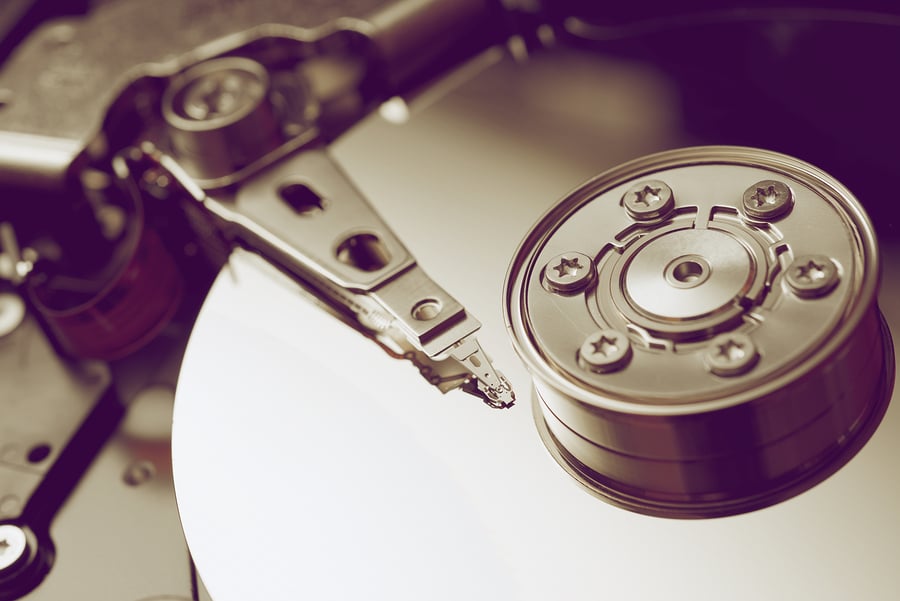What Might be Left on Your Hard Drive?

Computer security is an essential component of modern business operations. Your Sioux Falls, SD business has both legal and ethical obligations to protect consumer privacy, and naturally, you also want to protect proprietary business information that could give competitors an advantage over you.
This is why you go to great lengths to institute security measures, from firewalls and antivirus/anti-spyware software, to password protection and encryption. Your efforts don’t end when you dispose of devices, either. Hard drives containing sensitive data must be properly wiped or shredded, in keeping with applicable privacy laws, as well as industry standards set forth in HIPAA, FACTA, GLBA, and more.
In order to understand why compliance with these rules and regulations is so important, you need to know what, exactly, is lurking on your hard drives when you set them aside in favor of newer technologies. Here are just a few pieces of information that could linger even after you hit the delete button.
Confidential Consumer Data
Most businesses collect a variety of data from consumers, and some of it is sensitive including personal data like names, dates of birth, addresses, SSNs, and financial account information that could be used for identity theft. Going out of your way to protect this data when you collect and store it is not enough – you also need to take proper measures to thoroughly and completely destroy it when it is no longer needed or when you dispose of storage devices.
This is more than just an ethical obligation to customers who entrust their sensitive data to you for safekeeping. It’s also a legal obligation. You must comply with all applicable privacy laws and industry standards in order to avoid penalties, not to mention potential risks like data breach and identity theft, which is why wiping or shredding hard drives is so important.
Confidential Business Data
Protecting consumers is mandated by law, but if you have any sense of self-preservation, you also want to protect sensitive business data, including company financials, forecasting, proprietary product information, operational planning, and information related to employees and vendors, just for example. If this information were to fall into the hands of competitors, it could be used to gain a competitive advantage.
Usernames and Passwords
Data breach is a very real threat, with tech insiders warning that it’s a matter of when, not if, most companies get hacked and suffer stolen data. You don’t need to give cyber criminals any help in their pursuits. Because login information, including usernames and passwords, is often stored on devices, you need to make sure you don’t offer it up on a silver platter for thieves by failing to eliminate this confidential data with proper hard drive wiping or shredding.
Emails
The amount of information that flows though email these days is alarming, and while you probably go to some lengths to protect sensitive email communications, your hard drive may store them all to allow for offline access. Secure wiping or shredding can help to eliminate the risk of email recovery.
If you want to protect your Sioux Falls, SD business, proper disposal of IT assets is essential, and the experts at SEAM can help. Contact us today at 605-274-7326 (SEAM) or online to learn more and get a quote.
SEAM provides IT recycling and data destruction services including onsite shredding and hard drive wiping to South Dakota, North Dakota, Minnesota, Iowa, and Nebraska.
Schedule a pickup or contact us for more information.





